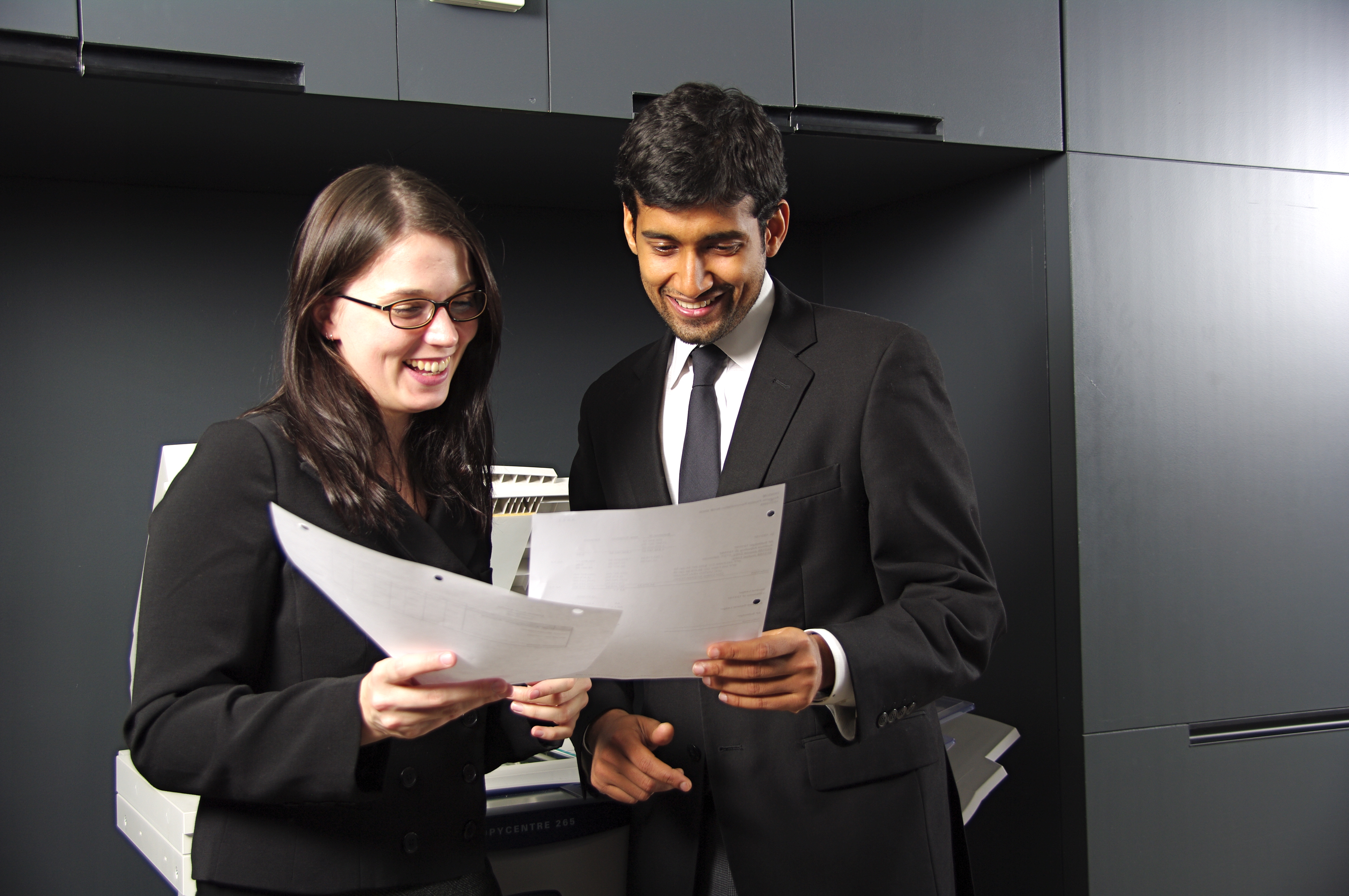
As a senior consultant and executive coach I am very often asked to implement "change". Usally the end result is described in terms which are not well defined such as "it should work better", "I am feeling bad about it and want it changed", "problems should be eliminated", "the system should be streamlined","there is miscommunications and I don't understand what they want" ... sounds familiar?
Changing one person or a group within a larger group or company contains the risk that the person changed will be "inadequate" in the old unchanged group and be demotivated. What starts from a good intention of improvements hits the walls of reality of the unchanged environment the changed person(s) is placed back in.
Also, many think that "change" is regulating processes and if these don't work efficiently change would mean for them more regulations to handle the faulty current "regulations". As you can see, this only creates Entropy, the amount of energy consumed without building any added value.
Change can also be irreversible and done in such a way that no or less energy is consumed to maintain that change.
Also sustaining change is always important. Any system has its Homeostasis which is the point where the system is in balance and which is not necessarly where you want the balance to be. Usually it is good to change the Homestasis point so that the system will be balanced (and will consume little or no energy) staying there eliminating Entropy and sustaining change.
2019 © AltoChange Consulting. ALL Rights Reserved. Privacy Policy | Terms of Service
